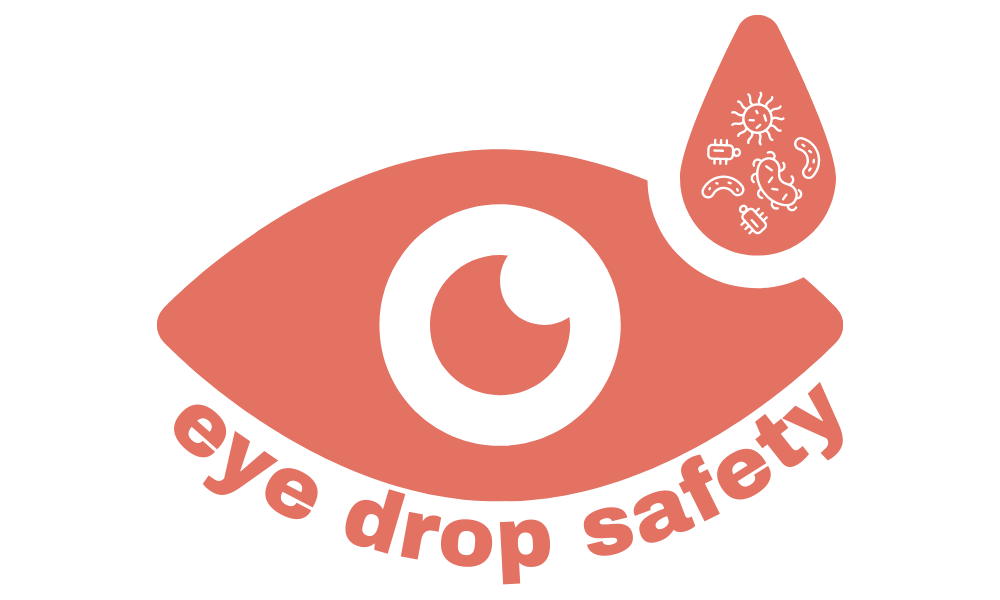Safety-Related Recalls and Warnings for OTC Eye Drops are Escalating
6 months, 7 manufacturers, 11 products
Between February and August 2023, nine different OTC eye drops have been subject to a Class 1 recall, a Public Safety Notification or another form of safety alert from the FDA. (See Product Alerts, top section, for details.)
Prior to 2023, OTC eye drop recalls were almost never associated with reports of harm to patients.
This was true even in 2019, when generics manufacturer Altaire Pharmaceuticals of New York recalled more than 100 different OTC and prescription eye products due to uncorrected irregularities found during inspections. The manufacturer stated that there had been no reported adverse events associated with any of the recalled products.
However, in just the first few months of 2023, four eye products from two different manufacturing facilities were recalled over sterility concerns, some of which have caused injury or death, and the FDA has issued public safety warnings against five more products from four more manufacturers.
4 deaths, 14 cases of vision loss, 4 enucleations
One of the eye drops that has been recalled, Ezricare Artificial Tears, has been linked to a 14-state outbreak of treatment-resistant Pseudomonas aeruginosa infections with many tragic outcomes.
What have we learned from the recent recalls?
Three of the products recalled in early 2023 (Ezricare Artificial Tears, Delsam Pharma Artificial Tears, Delsam Pharma Artificial Eye Ointment) were manufactured by Global Pharma. Based in Mumbai, India, Global Pharma had not been inspected by the FDA since it began distributing the eye drops in 2021. Global Pharma has recently been inspected and findings have been made public.
Global Pharma’s recalled products were all listed with the FDA, as is required for over-the-counter drugs.
Yet, two artificial tear products they made had a serious formulation problem which could be readily detected in their drug label and DailyMed listing: they did not contain a preservative, but were packaged in a standard multi-dose bottle which requires a preservative. (Learn more about unsafe bottles.) Unfortunately, the FDA’s OTC drug listing process is not designed to catch these sorts of problems. (Learn more about the FDA OTC listing system.)
A fourth recalled product, Purely Soothing 15% MSM Drops, was not listed with the FDA as is required for eye drops. Based on its ingredients, it does not appear to have been eligible for over-the-counter drug registration either. In addition, this product shared the same packaging safety flaw as Ezricare and Delsam Pharma: preservative-free in the wrong bottle.
In August 2023, FDA warned against two more MSM eye drops - Dr. Berne’s MSM drops and LightEyez MSM Eye Drops, which they described as being “illegally marketed”. Testing of these eye drops revealed contamination with microbes. Since then, Dr. Berne’s has recalled all four of their eye drops. We have yet to see any further action by FDA on LightEyez, which makes at least 25 different eye drops. All of the LightEyez eye drops are described as preservative-free and are packaged in simple multi-dose bottles.
What have we learned from the recent FDA warning about amniotic fluid eye drops?
The FDA’s April 2023 warning against amniotic fluid eye drops was remarkable.
In this statement, the FDA addresses two brands of eye drops which have not only been on the market for some years, but have been recommended, written about, talked about and in many cases sold by optometrists and ophthalmologists throughout the USA. These products, FDA said, cannot be lawfully marketed without clinical trials and the prescription drug approval process as required for biological products. The FDA declared that doctors cannot offer these products to patients without an Investigational New Drug Application (which the companies have not sought). They also provided detailed information to patients about the questions they should ask.
Unfortunately, the FDA’s warning, which was presumably prepared by the FDA’s biologics division, did not mention the fact that one of the two companies implicated (Regener-Eyes) had somehow managed to get their two products listed as over-the-counter drugs in the FDA’s OTC drug database - even while declared unapproved drugs by the biologics division (CBER). Clearly, a motivated drug company can exploit the lack of coordination between FDA’s drug, biologic and OTC departments. (Learn more about the FDA OTC listing system.)
What do all of these eye drops have in common?
All eleven eye drops that have been subject to recall or warning thus far in 2023 are packaged unsafely: they are preservative-free but packaged in a simple multi-dose bottle. (Learn more about unsafe bottles.)
Are there more?
Yes, unfortunately, there are many more OTC eye drops with the safe packaging problem which unfortunately are still being overlooked.
Some are in the FDA OTC drug database but have not been detected as problems by the FDA.
Others are not listed with the FDA at all but are readily available on major e-commerce platforms. Some are even sold by eye doctors.
In our alerts list, we currently have 120 such eye drops in addition to the 11 flagged by the FDA.
